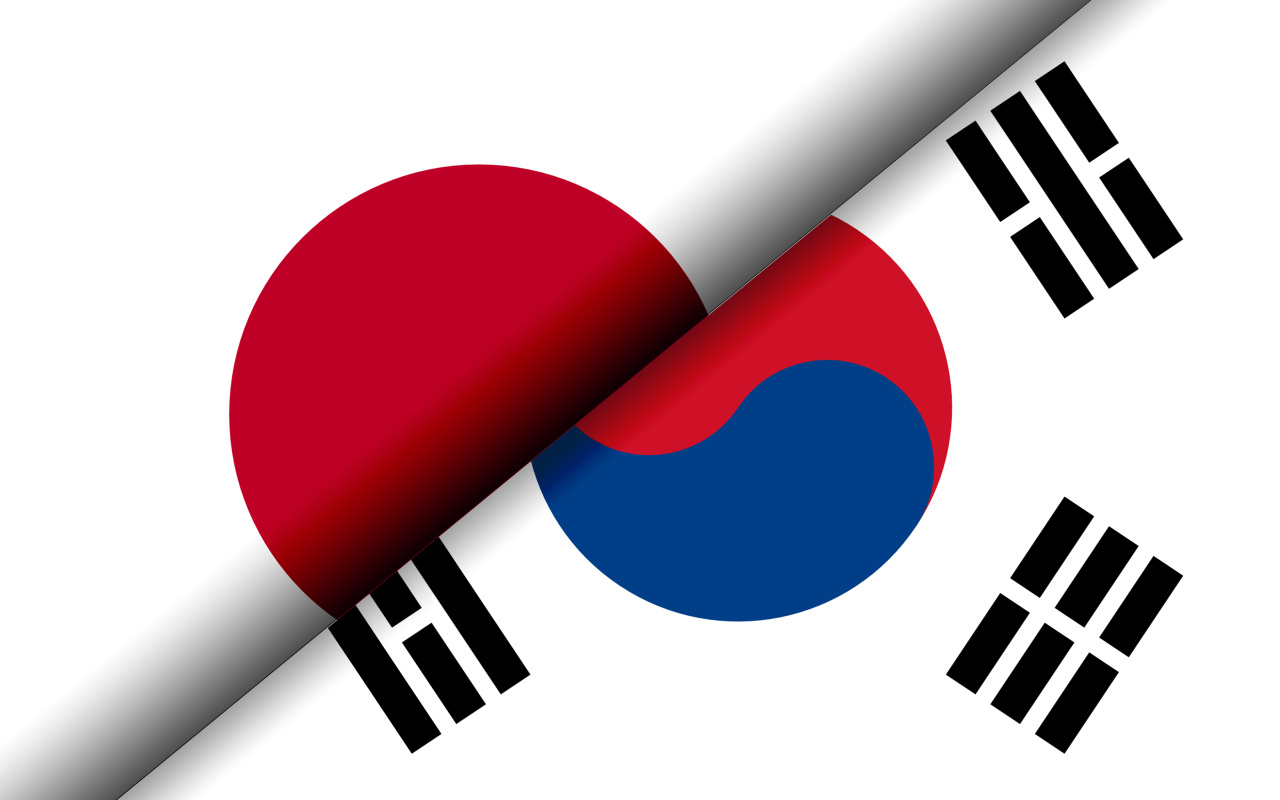Seoul, Tokyo urged to allow special entry for vaccinated biz people
By YonhapPublished : June 16, 2021 - 09:29

South Korean and Japanese businesspeople urged their governments Wednesday to issue special entry permits for fully vaccinated entrepreneurs in an effort to promote bilateral economic cooperation.
The call was made at a meeting between Japanese Ambassador Koichi Aiboshi and South Korean and Japanese businessmen, which was hosted by the Federation of Korean Industries, the lobby for South Korea's family-controlled conglomerates.
Citing bilateral travel restrictions as the biggest hurdle, businesspeople from the neighboring countries called for the resumption of now-suspended special entry procedures.
They also called on Seoul and Tokyo to sign an air travel bubble, or a quarantine-free travel partnership between two or more cities or countries with similar levels of COVID-19 cases.
South Korea is seeking to sign special travel partnerships with countries, initially with Singapore and Taiwan, to allow group tours for fully vaccinated people.
At the meeting attended by some 30 businesspeople from the two countries, FKI Chairman Huh Chang-soo stressed that South Korea and Japan should expand economic cooperation since a diplomatic row has sent bilateral trade sinking nearly 12 percent over the past two years.
In response, the Japanese envoy said there is great room for the two countries with high technological prowess to cooperate in such fields as carbon neutrality, the trade row between China and the United States, and the fourth industrial revolution.
In July 2019, Japan slapped export controls on chemicals vital to the South Korean chip industry in apparent retaliation against a Seoul court's ruling in 2018 that ordered Japanese firms to compensate victims of their wartime forced labor.
Aiboshi also said Tokyo will transparently share information with Seoul on its planned release of wastewater from its crippled Fukushima nuclear power plant.
In April, Japan decided to start discharging the tritium-laced water into the sea in 2023 in what is expected to be a decadeslong process, sparking outrage from South Korea and other neighbors. (Yonhap)
The call was made at a meeting between Japanese Ambassador Koichi Aiboshi and South Korean and Japanese businessmen, which was hosted by the Federation of Korean Industries, the lobby for South Korea's family-controlled conglomerates.
Citing bilateral travel restrictions as the biggest hurdle, businesspeople from the neighboring countries called for the resumption of now-suspended special entry procedures.
They also called on Seoul and Tokyo to sign an air travel bubble, or a quarantine-free travel partnership between two or more cities or countries with similar levels of COVID-19 cases.
South Korea is seeking to sign special travel partnerships with countries, initially with Singapore and Taiwan, to allow group tours for fully vaccinated people.
At the meeting attended by some 30 businesspeople from the two countries, FKI Chairman Huh Chang-soo stressed that South Korea and Japan should expand economic cooperation since a diplomatic row has sent bilateral trade sinking nearly 12 percent over the past two years.
In response, the Japanese envoy said there is great room for the two countries with high technological prowess to cooperate in such fields as carbon neutrality, the trade row between China and the United States, and the fourth industrial revolution.
In July 2019, Japan slapped export controls on chemicals vital to the South Korean chip industry in apparent retaliation against a Seoul court's ruling in 2018 that ordered Japanese firms to compensate victims of their wartime forced labor.
Aiboshi also said Tokyo will transparently share information with Seoul on its planned release of wastewater from its crippled Fukushima nuclear power plant.
In April, Japan decided to start discharging the tritium-laced water into the sea in 2023 in what is expected to be a decadeslong process, sparking outrage from South Korea and other neighbors. (Yonhap)


![[Exclusive] Korean military set to ban iPhones over 'security' concerns](http://res.heraldm.com/phpwas/restmb_idxmake.php?idx=644&simg=/content/image/2024/04/23/20240423050599_0.jpg&u=20240423183955)

![[Graphic News] 77% of young Koreans still financially dependent](http://res.heraldm.com/phpwas/restmb_idxmake.php?idx=644&simg=/content/image/2024/04/22/20240422050762_0.gif&u=)



![[Pressure points] Leggings in public: Fashion statement or social faux pas?](http://res.heraldm.com/phpwas/restmb_idxmake.php?idx=644&simg=/content/image/2024/04/23/20240423050669_0.jpg&u=)










